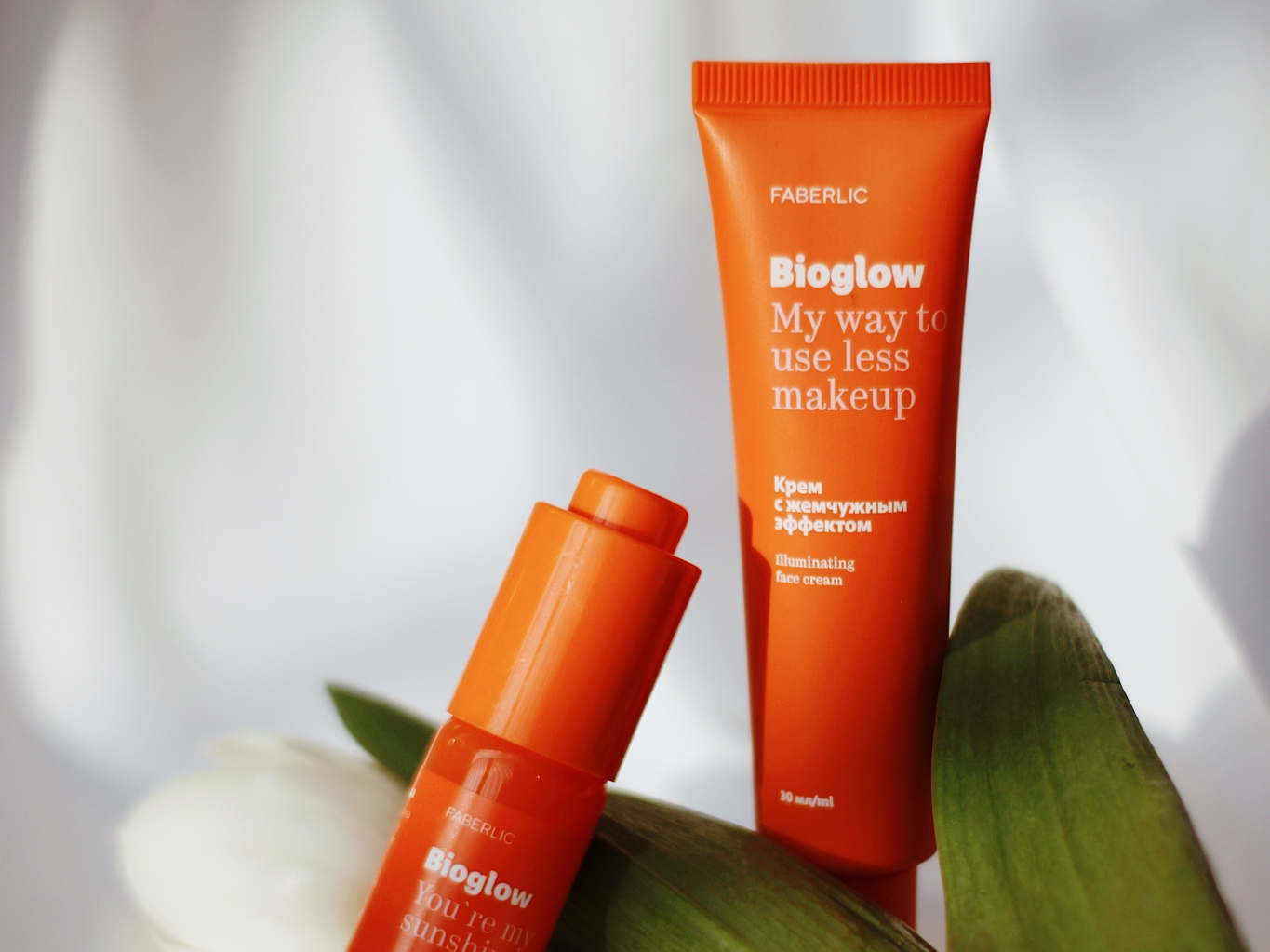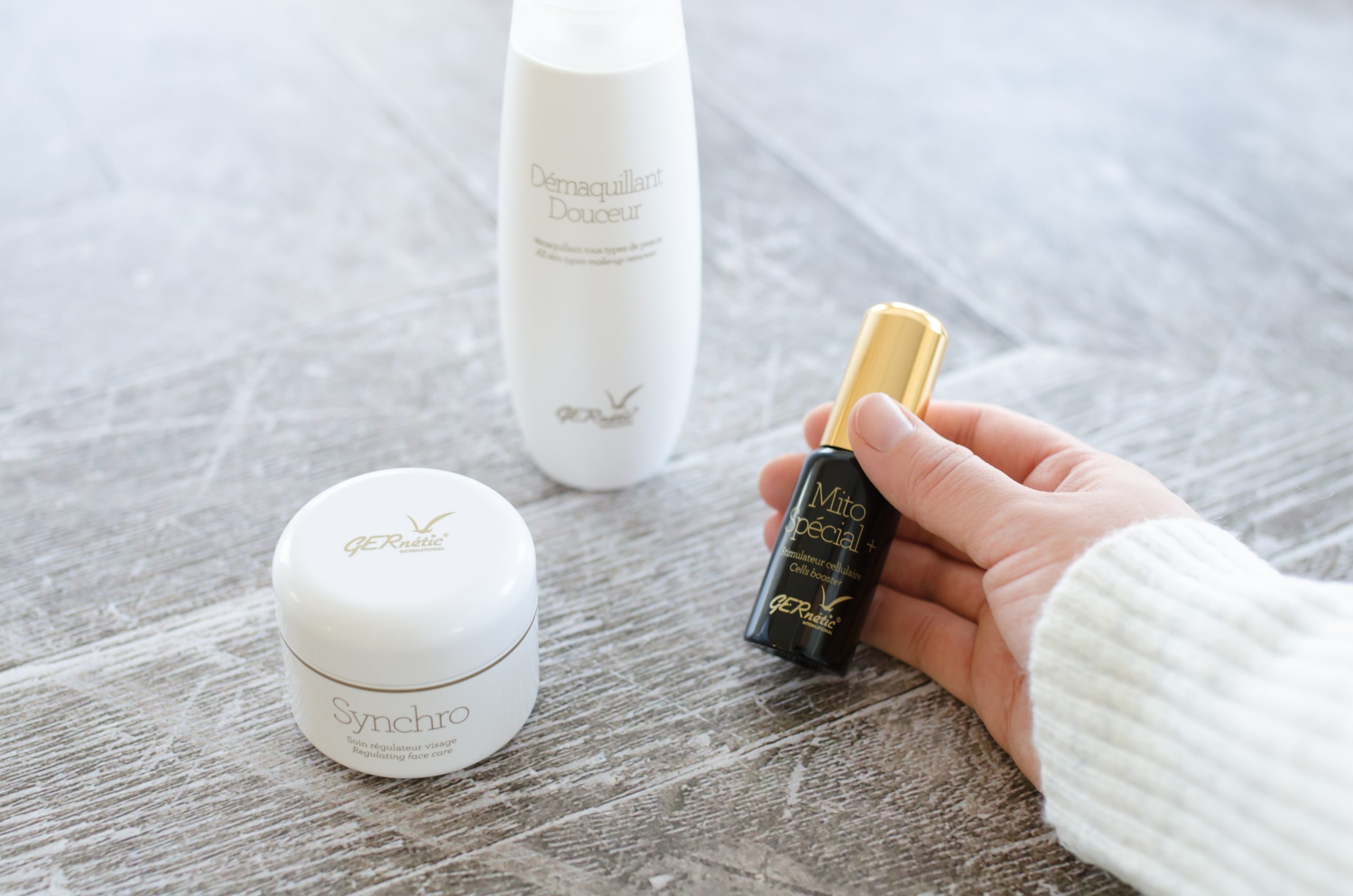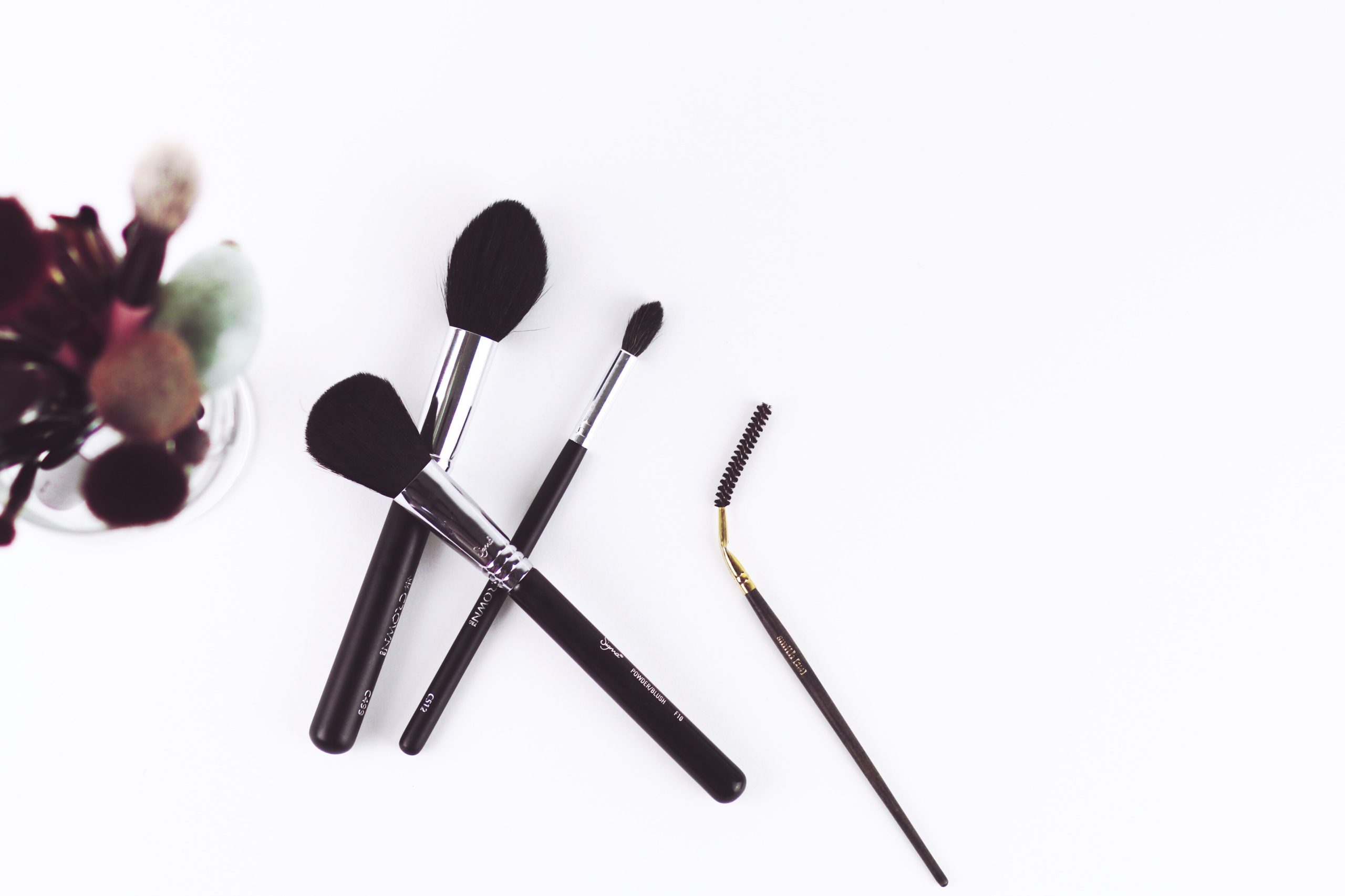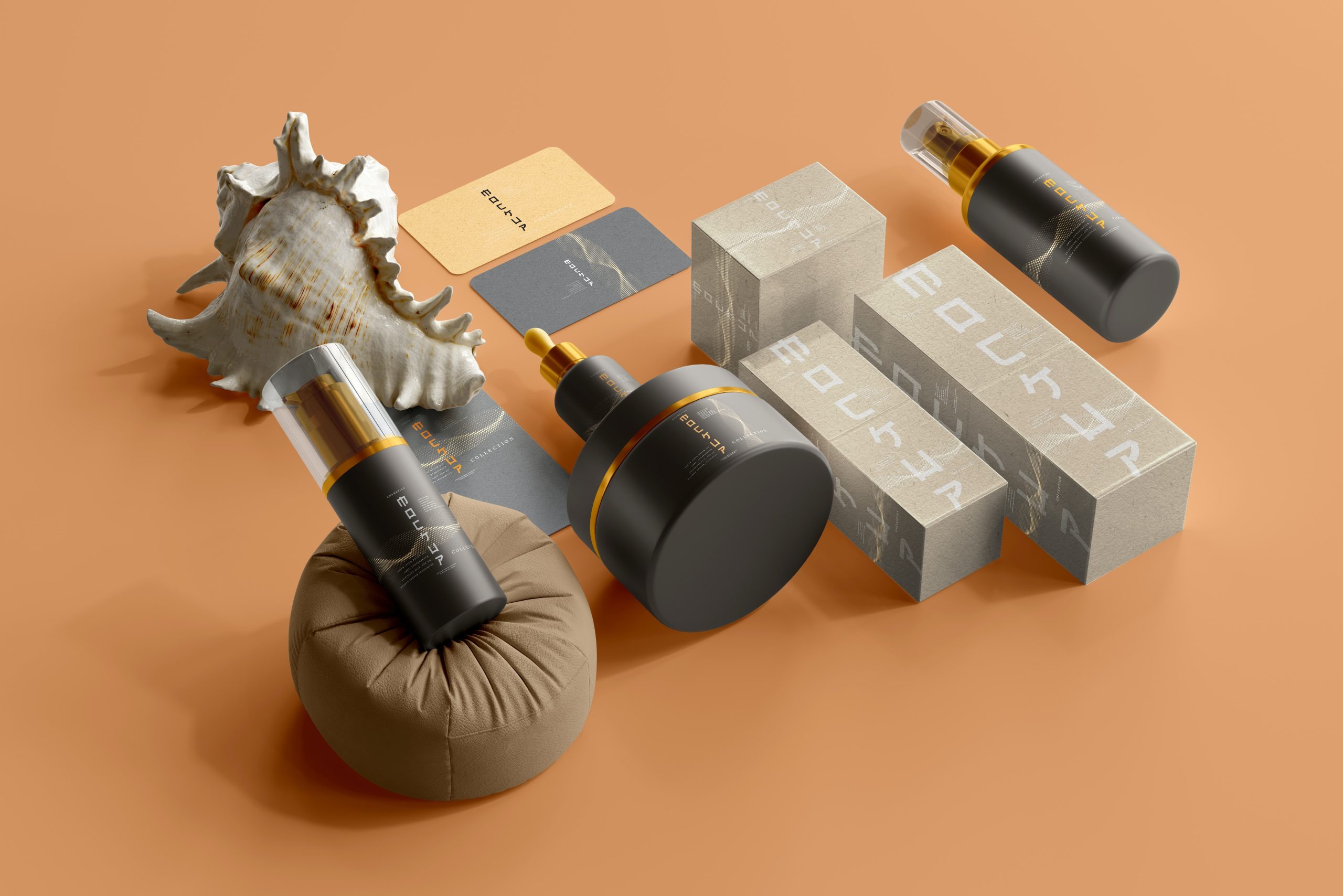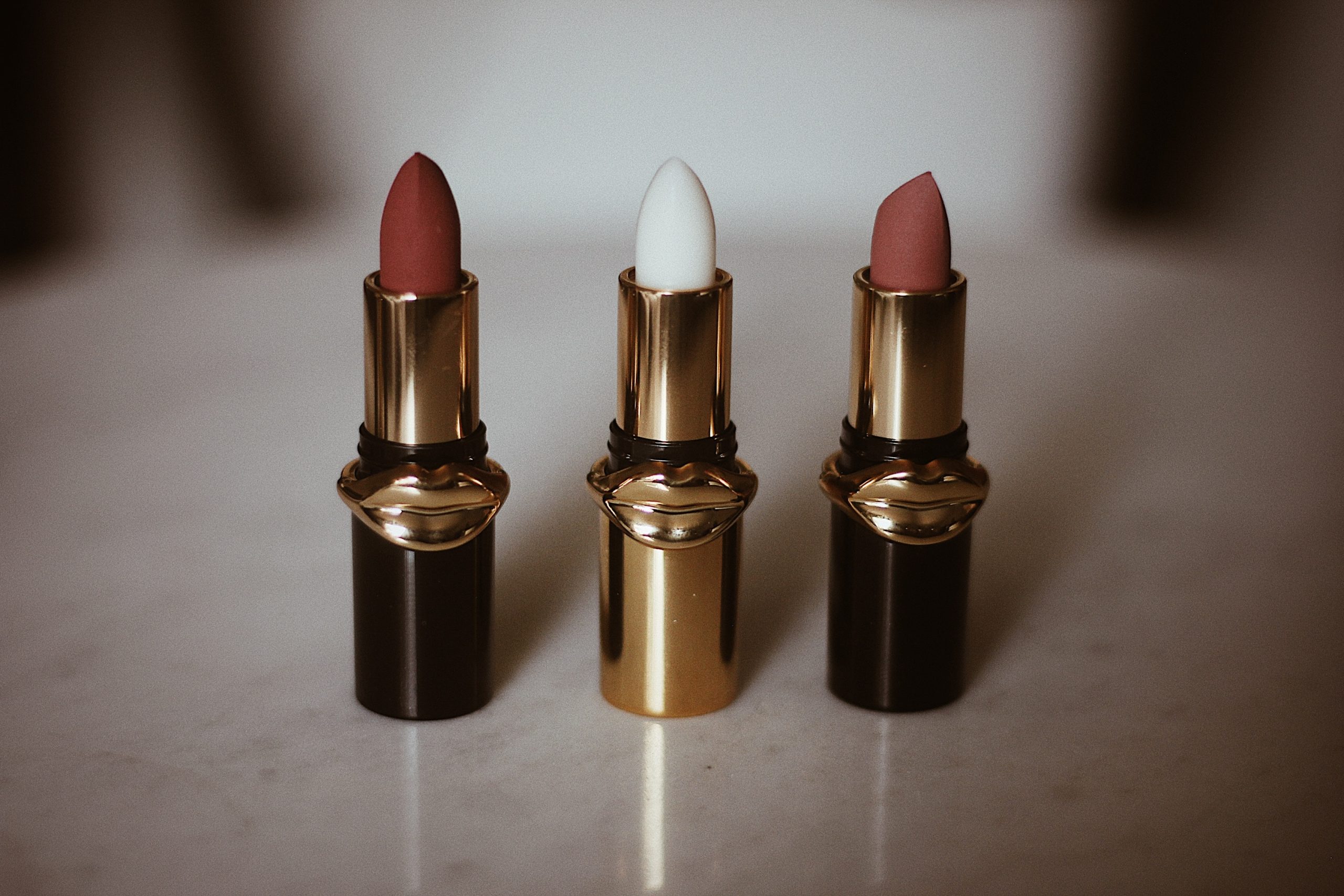Only a few creatures do not require sleep. It’s a universal necessity, and not sleeping is a health issue. Sleep deprivation can endanger yourself and others if you try to drive in this condition. If you need to get some sleep, the following tips can help.
If you can’t fall asleep, despite being really tired, try taking a warm bath. Experts recommend treating insomnia with a 15 minute soak. Avoid extreme temperatures, or staying in too long. The warm water should work to ease any muscle tension you’re experiencing and help you to finally fall asleep.
Talk with your doctor if you are experiencing insomnia. While insomnia may just be cause by things like stress and anxiety, it can also be a symptom of certain physical disorders. Don’t self diagnose. Speak with your general practitioner immediately. The doctor will be able to tell you what the cause is and give you the proper treatment.
When insomnia becomes an obstacle to your being able to get adequate sleep, try increasing the ventilation in your bedroom. Doctors recommend this treatment for anyone having difficulty falling asleep, because improved breathing leads to a more relaxed state. Use a humidifier or open a window if you can, and finally get some rest.
Don’t get too much sleep. If you cannot get to sleep after 30 minutes of lying in bed, try some relaxation or a soothing warm non-alcoholic beverage. Avoid taking naps during the day. If you must take a nap, keep it short and make sure it ends at least six hours before your normal bedtime.
Keep anything that illuminates a room out of your bedroom. This means glowing clocks, night lights, or televisions. This light can stimulate your brain, stress your body, and make your insomnia even worse. Make your room as dark as it can be so that your body takes the hint the rest is needed.
Keep a sleep diary, if insomnia has become a major problem in your life. Record what time you go to bed and get up, as well as how long (approximately) it took you to fall asleep. Log meals, beverages, exercise and any major events that may impede sleep. Use the information to narrow down causes for insomnia and to find a workaround.
Being hungry at bedtime is a real no-no. A little food rich in carbs, such as crackers or fruits, will allow you to sleep better. These foods stimulate a rush of serotonin throughout your body, making it easier to feel calm.
Try finding a soothing and calming tea that you can sip on an hour or so before bed. Make sure it’s an herbal tea that contains no caffeine at all. The best kinds for sleep would probably be chamomile or some kind of a mint tea. Experiment with the blends that say they’re for sleeping as well.
If you are getting up to use the bathroom all night long, talk to your doctor about getting your blood sugar tested. Those with diabetes often drink a lot during the day, and this can affect your sleep as you have to void all of that liquid during the night.
Some people don’t like milk or are trying to keep dairy out of their diet. If this is the case with you, then you need to check into drinking certain teas with all-natural ingredients. Camomile, catnip, fennel and anise tea are some of the favorites when helping people to relax.
To figure out what is keeping you from sleeping, consider keeping a sleep journal. To begin, place something by your bed with which you can count the number of times you wake up. You could put a bowl of pieces of paper next to a jar and drop one in the jar as you wake. Next, keep a journal by writing down what happened overnight and how you feel in it each morning.
Try taking a relaxing trip to the mountains to help promote sleep. Daily activities in the mountains such biking and hiking will help you with the needed exercise. Sleeping in a tent will let you experience your life through new eyes and provide you with fresh air that can help you fall asleep.
Keep your bedroom at a cool temperature to give yourself the best chance for restful sleep. A drop in body temperature is an evolutionary signal for you to go to sleep. Try a warm bath before you turn in as well. The temperature of your room should be about 65-70 degrees for optimal rest.
Did you know you can rock yourself to sleep? Get a rocking chair, and rock a bit before bed. Play some soothing tunes in the background as well.
Your doctor may prescribe sleeping pills for you to use at night. After an extended period of time using them, they could be ineffective in helping you sleep. If this is the case, you may need to seek additional help with your insomnia. Altering medications might help extend the time they are effective, but other treatment could be more effective for the long term.
When you have the right pieces of advice in place, a good night’s sleep is achievable. There is no need to lie there not being able to sleep. Put what you’ve read here to good use so that you can go to bed and get the right amount of sleep that you need.
